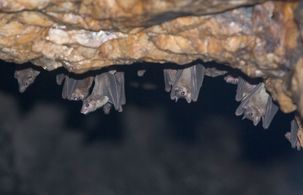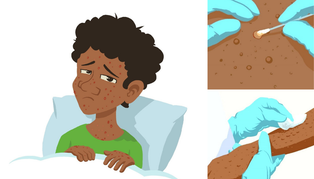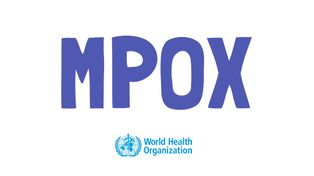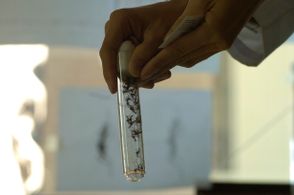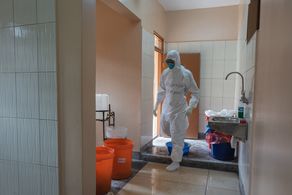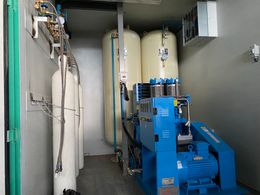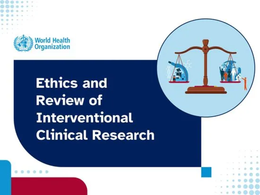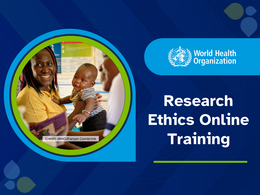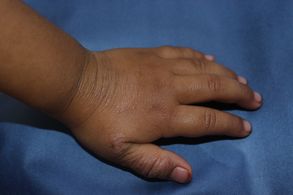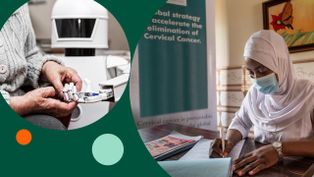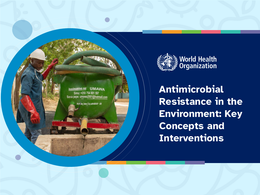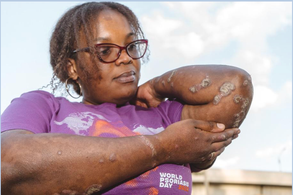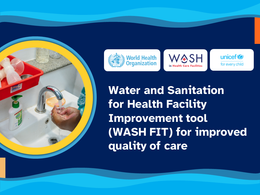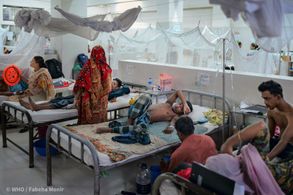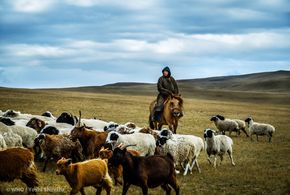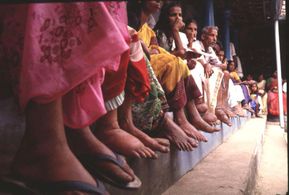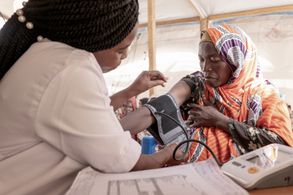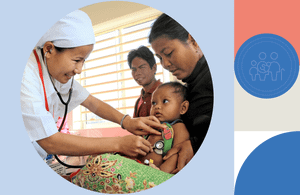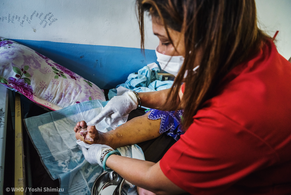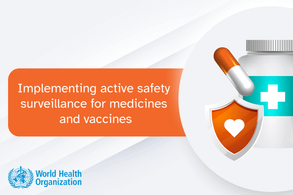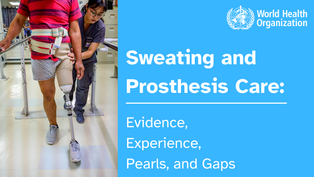Explore los cursos en línea gratuitos de la OMS para ayudar a salvar vidas ampliando sus conocimientos sobre cuestiones sanitarias y de salud pública.
Navegar por los cursosAprenda
Acceda
Descubra
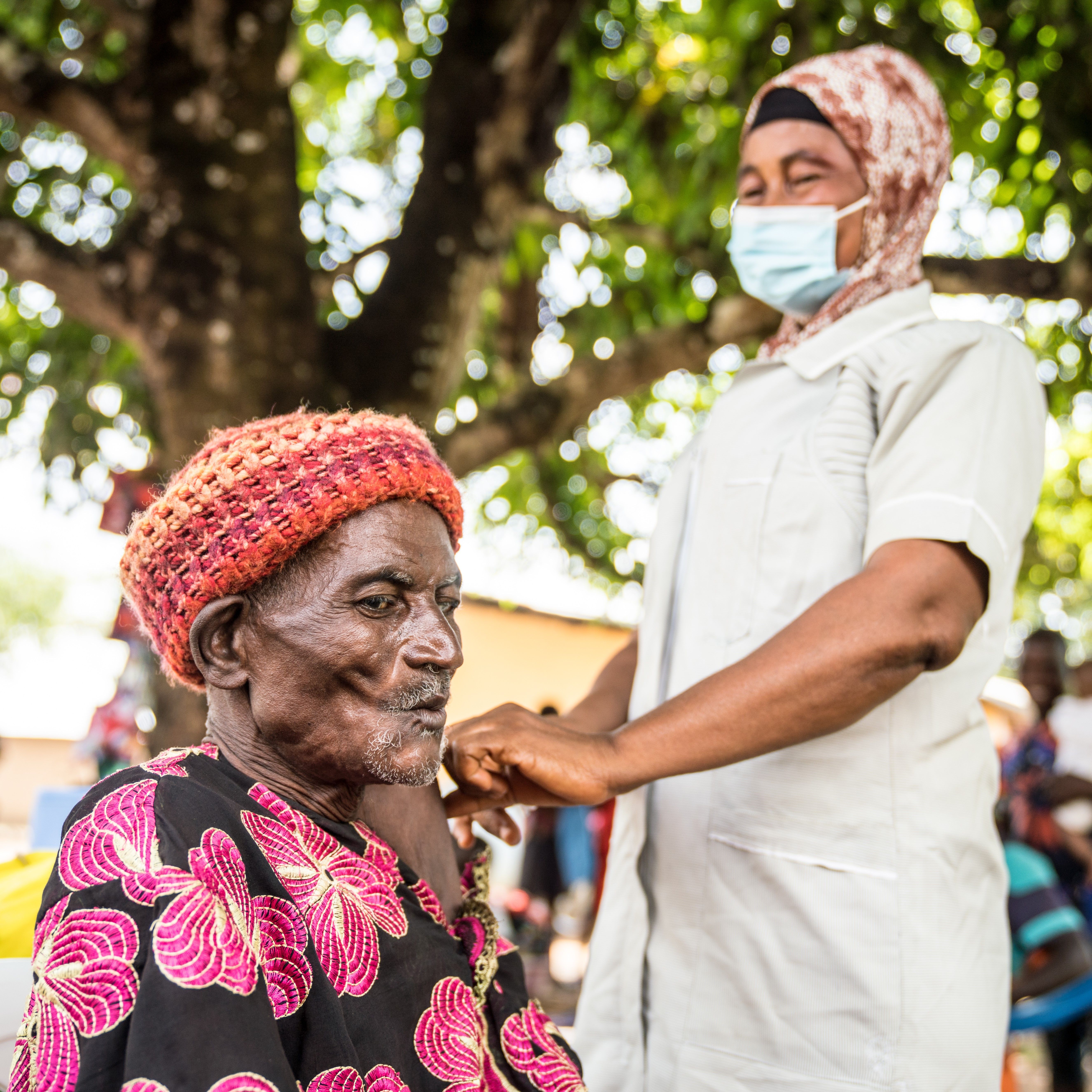
Buscar cursos por tema
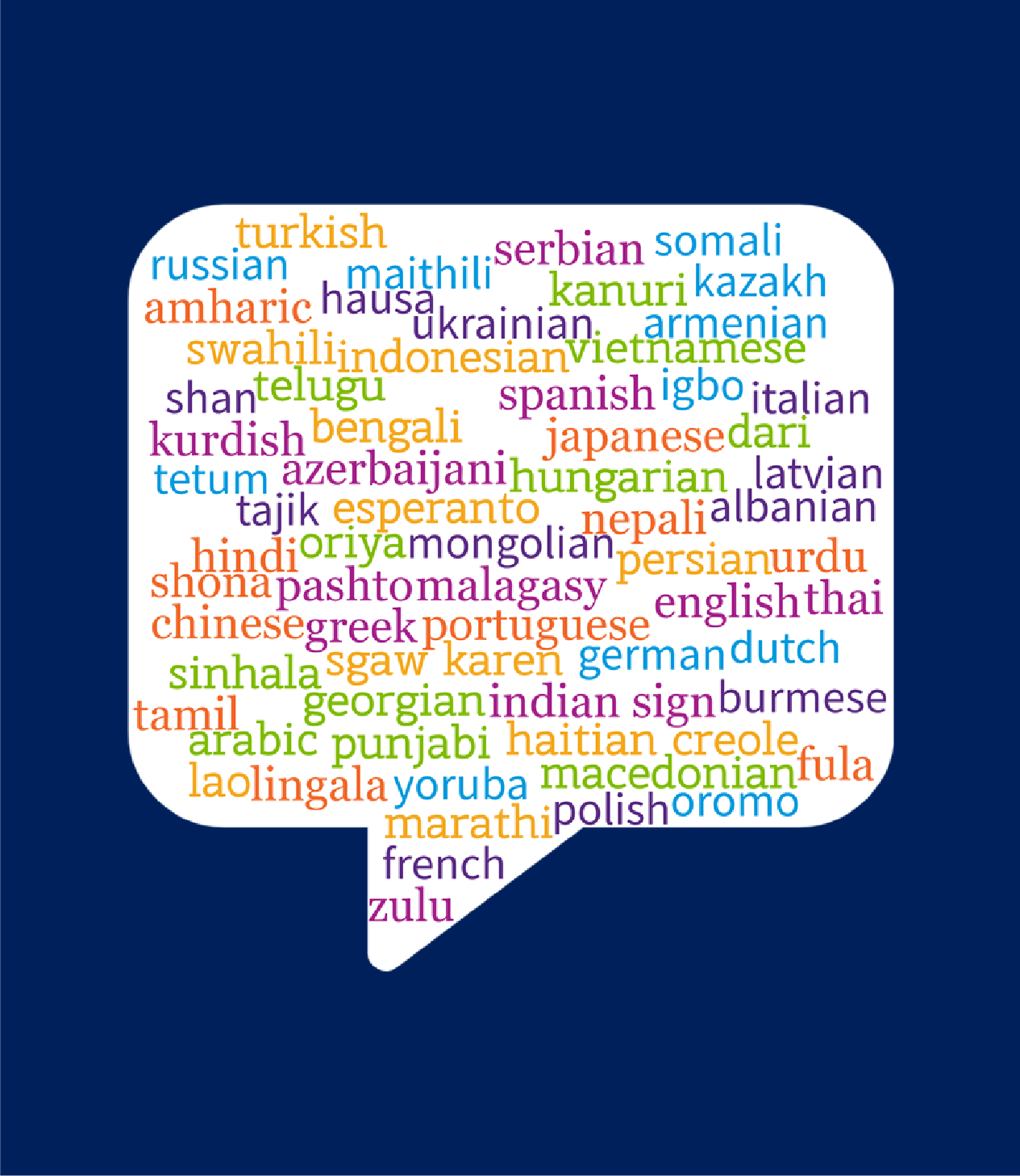
Aprenda en su idioma
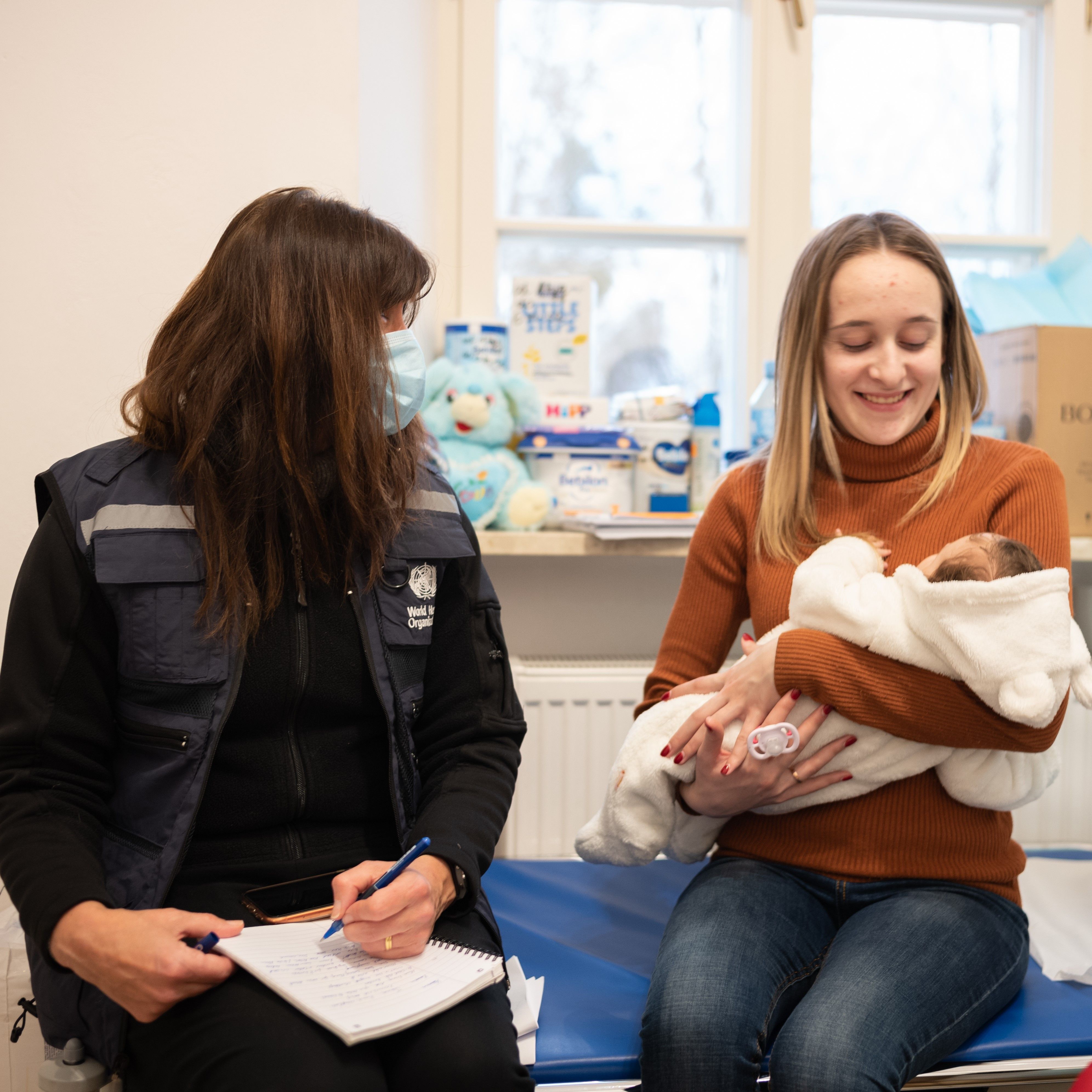
Responder a las amenazas sanitarias nacionales
Noticias
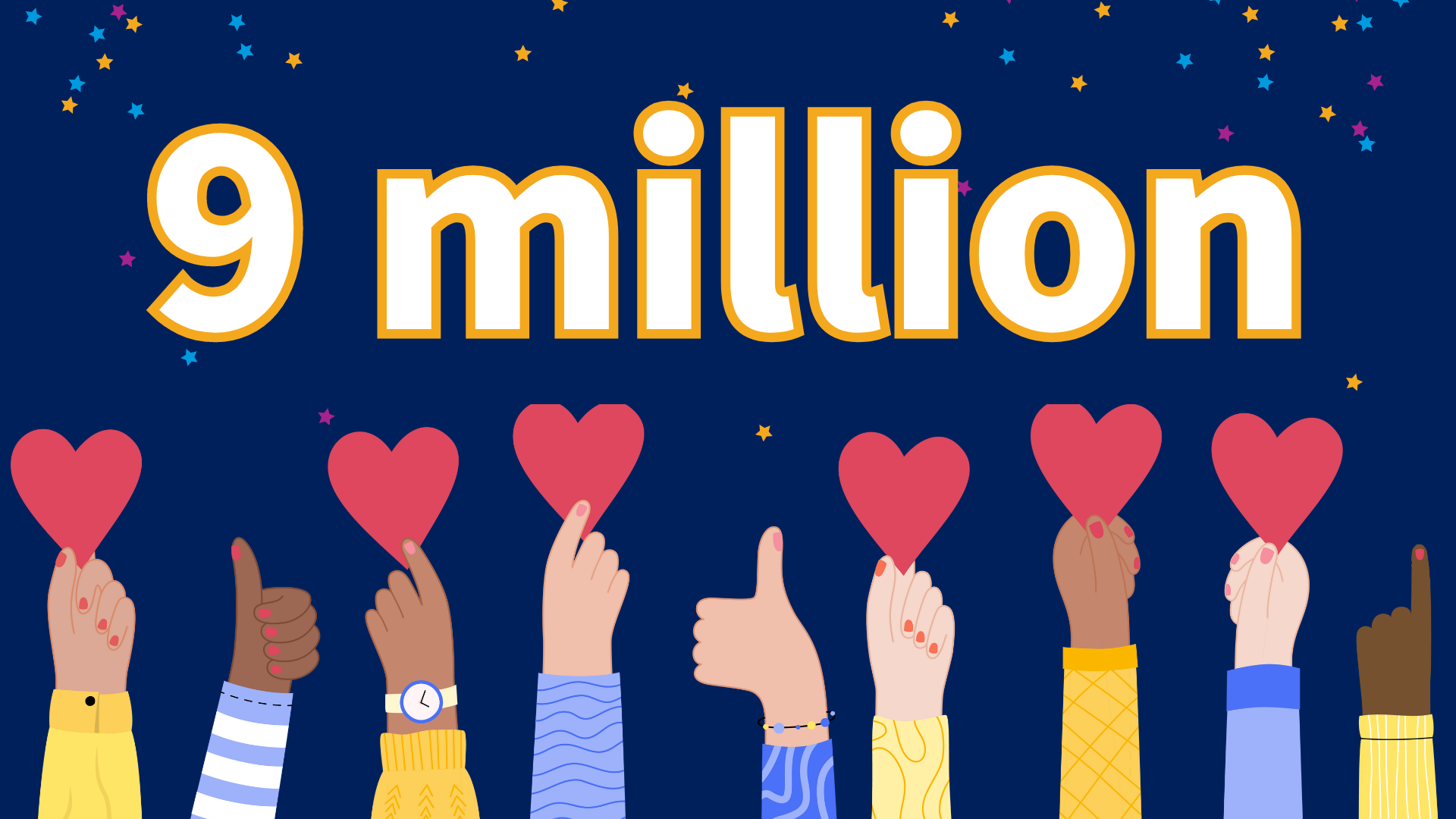
Celebrating 9 million enrolments: Thanks for being part of our learning community
In just over 7 years, we have seen OpenWHO.org grow from a brand new learning platform designed to share lifesaving knowledge during health emergencies to an online global community 9 million enrol...

Marburg virus disease learning materials available for outbreak response
On 27 September, the Rwanda Ministry of Health announced the confirmation of Marburg virus disease (MVD) in patients in health facilities in the country.
OpenWHO.org offers 3 different courses on...
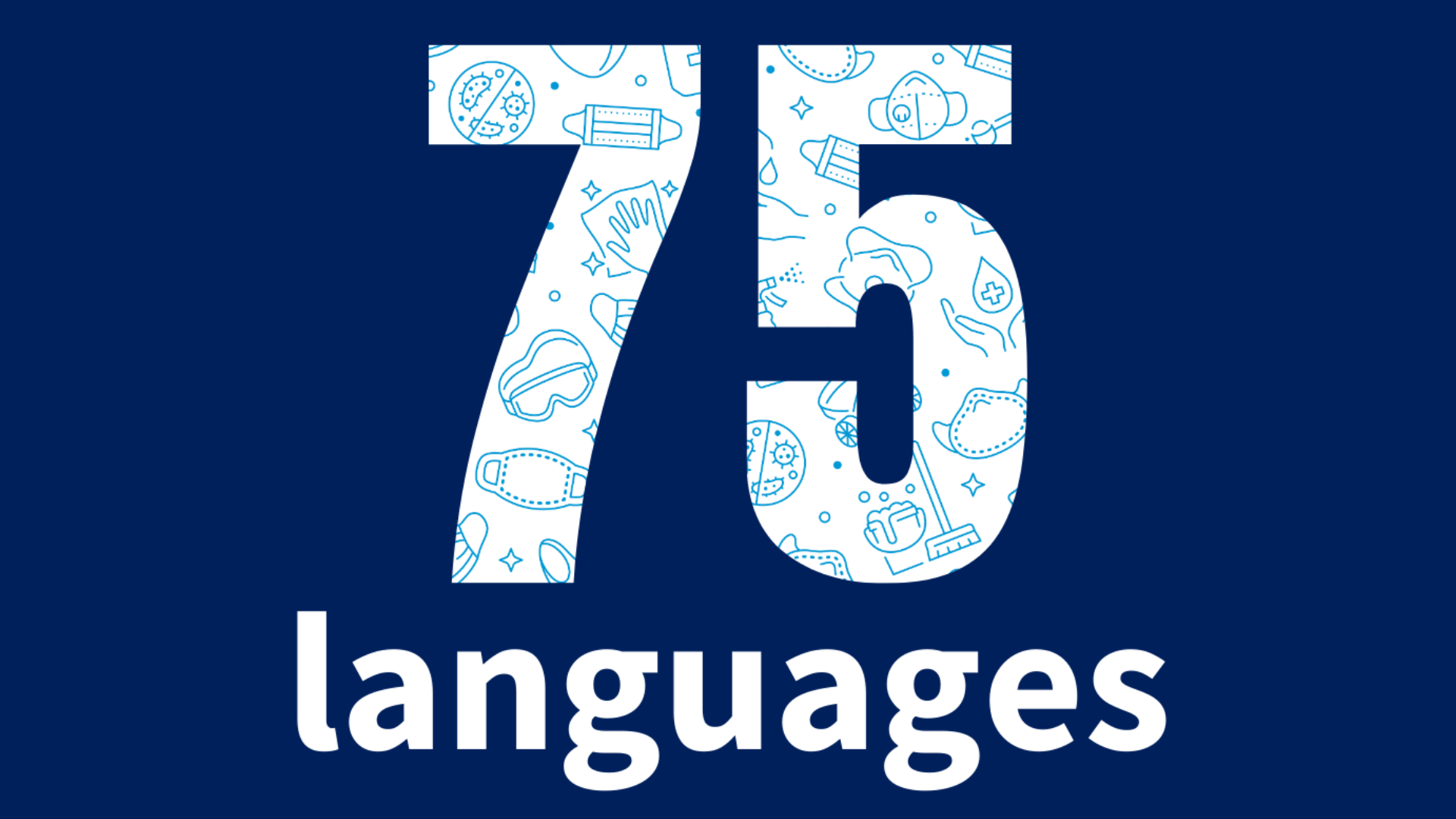
We speak your language: Celebrating International Translation Day
On 30 September, we are celebrating International Translation Day by reflecting on the importance of translation in online learning.
We know learning is easier in your own language. That's why we ...
